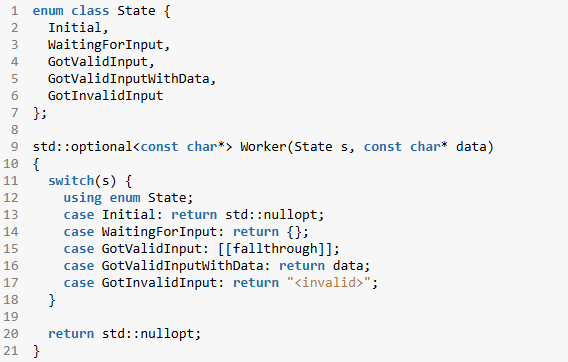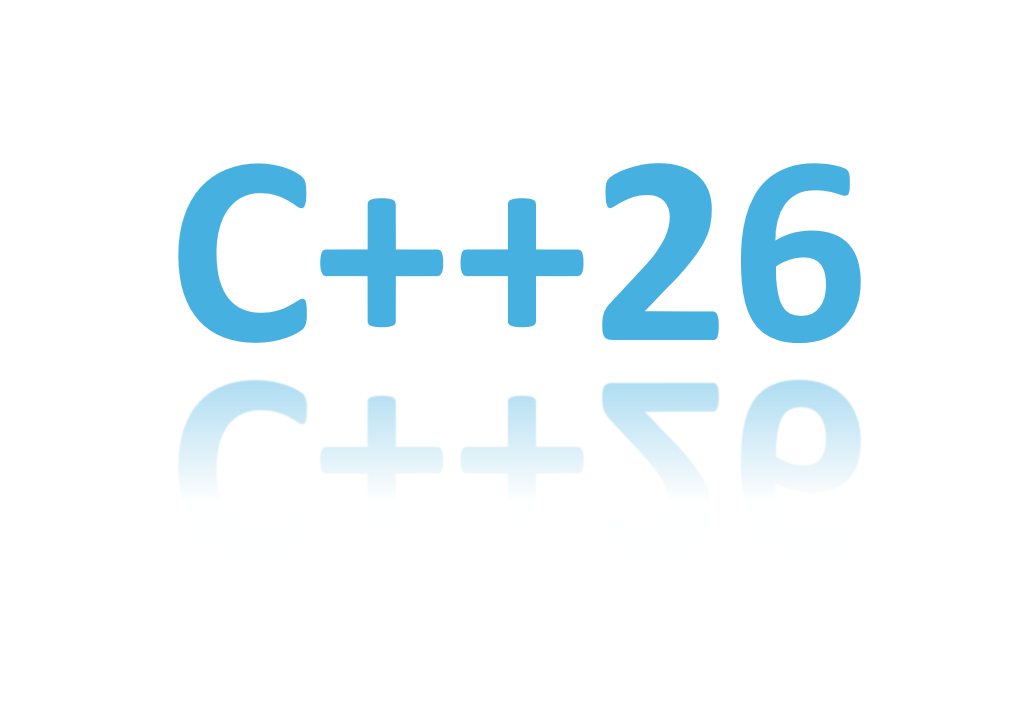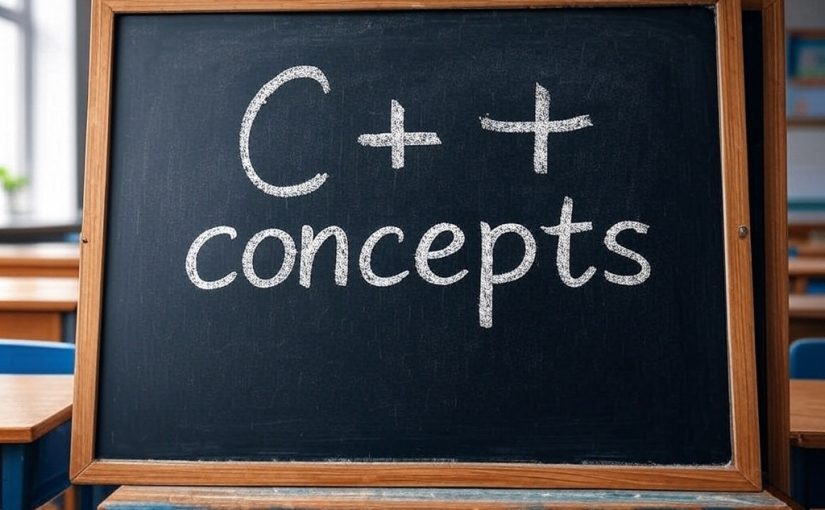Constructing Containers from Ranges in C++23 -- Sandor Dargo

std::from_range tag, a range and an optional allocator. These from_range constructors make it easier to construct containers from ranges, helping make C++ code more concise, more expressive, and less error-prone.
Constructing Containers from Ranges in C++23
by Sandor Dargo
From the article:
I’ve written plenty on this blog about standard algorithms, but far less about ranges. That’s mostly because, although I’ve had production-ready compilers with C++20 ranges since late 2021, the original ranges library lacked a few key capabilities.
The biggest gap was at the end of a pipeline: you could transform data lazily, but you couldn’t drop the result straight into a brand-new container. What you got back was a view; turning that view into, say, a
std::vectorstill required the old iterator-pair constructor.C++23 fixes that in two complementary ways:
std::to(an adaptor that finishes a pipeline by converting to a container), andfrom_rangeconstructors on every standard container.Today we’ll focus on the second improvement, because it’s the one you can implement in your own types, too.
The
from_rangeconstructorEvery standard container now supports a new set of constructors that make integration with ranges smoother — the so-called
from_rangeconstructors.These constructors allow you to build a container directly from a range, rather than from a pair of iterators.

 Time flies—C++ Insights just turned 7! To celebrate, I’ve upgraded the tool to Clang 20, unlocking even more C++23 and C++26 features for you to explore.
Time flies—C++ Insights just turned 7! To celebrate, I’ve upgraded the tool to Clang 20, unlocking even more C++23 and C++26 features for you to explore. Visual Studio 2022 version 17.14 is now generally available! This post summarizes the new features you can find in this release for C++. You can download Visual Studio 2022 from the
Visual Studio 2022 version 17.14 is now generally available! This post summarizes the new features you can find in this release for C++. You can download Visual Studio 2022 from the  C++’s undefined behaviour impacts safety. Sandor Dargo explains how and why uninitialised reads will become erroneous behaviour in C++26, rather than being undefined behaviour.
C++’s undefined behaviour impacts safety. Sandor Dargo explains how and why uninitialised reads will become erroneous behaviour in C++26, rather than being undefined behaviour.
 A unique milestone: “Whole new language”
A unique milestone: “Whole new language” Templates are one of C++’s most powerful features, enabling developers to write generic, reusable code—but they come with a cost: notoriously verbose and opaque error messages. With the introduction of concepts in C++20, we can now impose clear constraints on template parameters and get far more helpful diagnostics when something goes wrong.
Templates are one of C++’s most powerful features, enabling developers to write generic, reusable code—but they come with a cost: notoriously verbose and opaque error messages. With the introduction of concepts in C++20, we can now impose clear constraints on template parameters and get far more helpful diagnostics when something goes wrong.